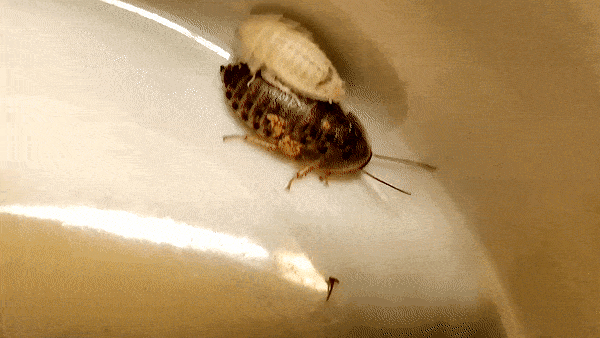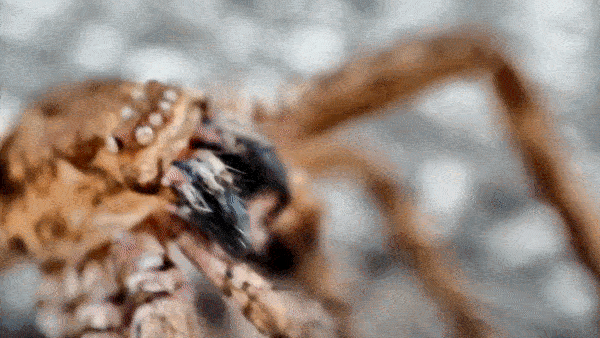Hello folks who wonder if jury duty is as exciting for adults as a dentist visit is for kids,
I don't know how to put this in a way that wouldn't sound controversial, but recent times have been a little stressful. One way people can find comfort is eating that chocolate chip cookie which tightly hugs them and says, "Don't worry my dear, it is going to be alright". The trouble with treating the cookie as your therapist becomes obvious when you find out that you cannot put your pants on without taking a deep breath and holding it in for at least 10 seconds till you can slide those pants.
Now, let's assume a scenario where you find out you are out of milk in the morning, so you need to make a quick supermarket visit. You struggle and finally can put those pants on. You feel miserable in those pants, but you vow to start exercising daily by watching some YouTube videos starting tomorrow and challenge yourself to fit in those pants by spring. Buy that milk, pay the cashier, the cashier hands you the change, you drop the loose change. Shh*t!! The pants give their ultimatum that if you go against their will and bend, they will rip in protest. The people behind you are eyeing you and getting restless, the cashier is starting to judge you. You walk away shouting "keep the change!" and decide you are getting a new pair of pants right now!
Insects and spiders are fortunate that they don't need to worry about keeping up with the latest fashion trends. But they have other things to worry about. You see, unlike us humans these arthropods don't have a smooth (only the ones who use a moisturizer and exfoliate btw), supple skin which will stretch as you grow in size. Instead, they have a rigid, robust armor called an exoskeleton. The problem with this is that even though it protects them from getting hurt, it prevents them from reusing it when the arthropod grows bigger in size. So, they grow a new one instead.
Underneath the current one. It would be like having a new pair of pants with a larger size underneath the existing tight pair of pants. How this happens is the fascinating part.
So, this is what happens (This explanation is really simplistic, if you are writing your PhD thesis after reading this, get your life together). After constant nagging from their peers that they seem to be getting a little big for their exoskeleton, these insects secrete a hormone which triggers a sequence of events.
1. The epidermis separates from the current exoskeleton(cuticle) despite promising that they would be together till death do them part.
The remnants of the exoskeleton though brittle still preserve all the features of the insect that shed it. That is a good and a bad thing. Good because people who want to identify it, have all the details at their fingertips to distinguish it to the species level as well as the gender. Bad because now hackers can copy their fingerprints and unlock their iPhones. Below is one of the remnants of a spider exoskeleton, which clearly shows the eyes and other key details.
Isn't it kind of frustrating when you as a guardian try to provide the best care to your pets, but then they secretly betray your trust. Let's say you give your honeybees nothing less than premium Fiji Natural Artesian Water because you want them to be hydrated and never run out of essential electrolytes. But then you spot them sipping out of a murky pond. Don't take it personally, honeybees will intentionally sip from "murky" water sources to get their nutrients and vitamins from this water which Fiji water wasn't able to provide in the first place.







No comments:
Post a Comment
Did you learn something new in this post? Let us know in the comments below